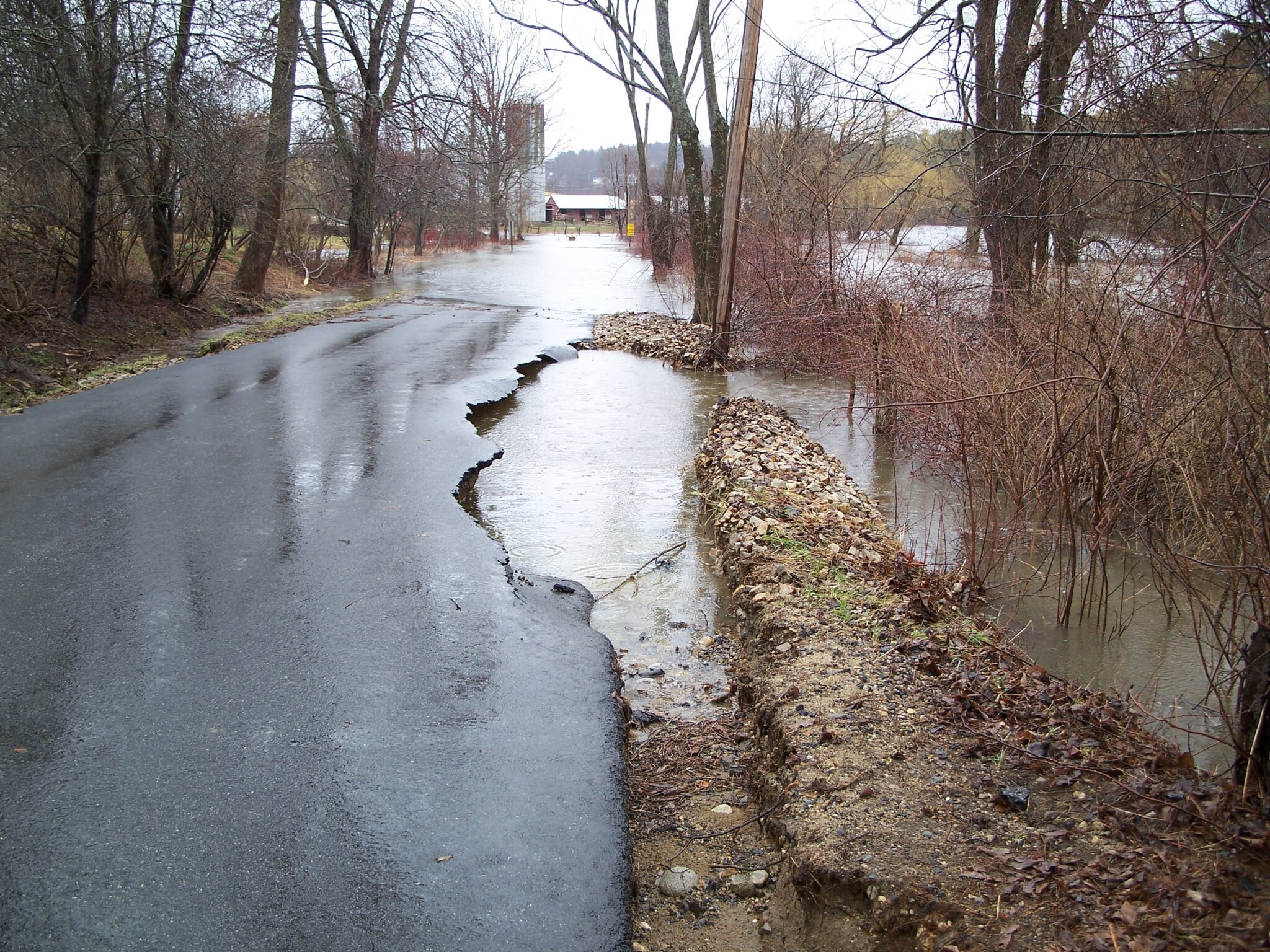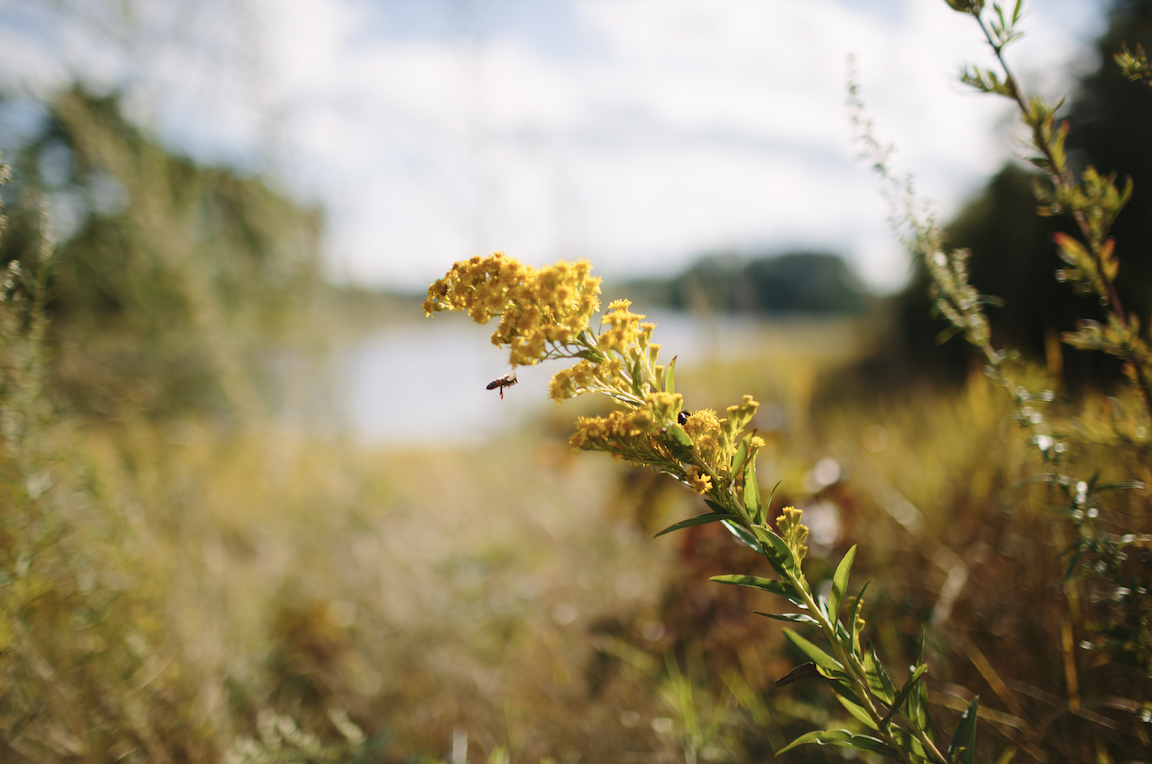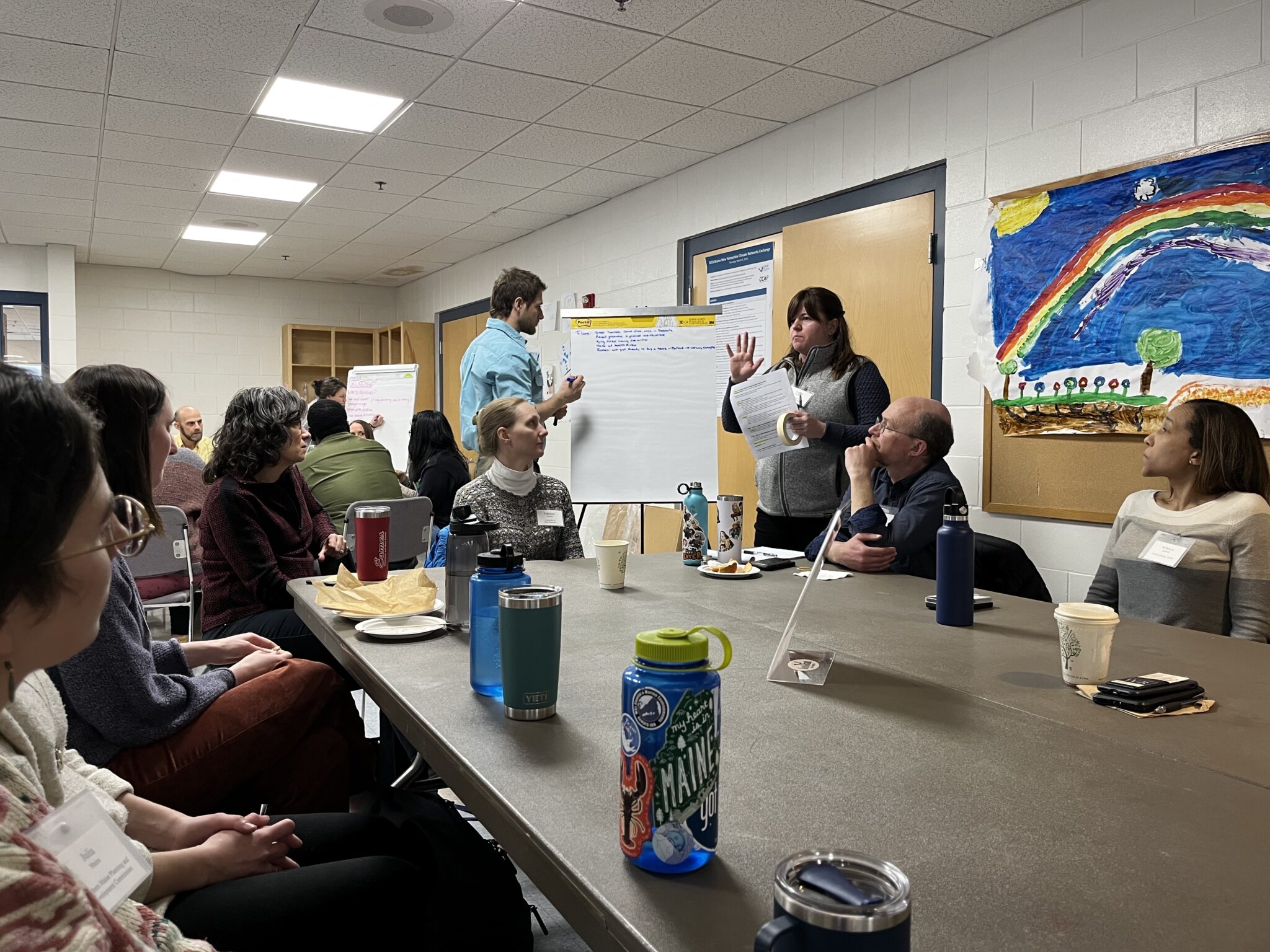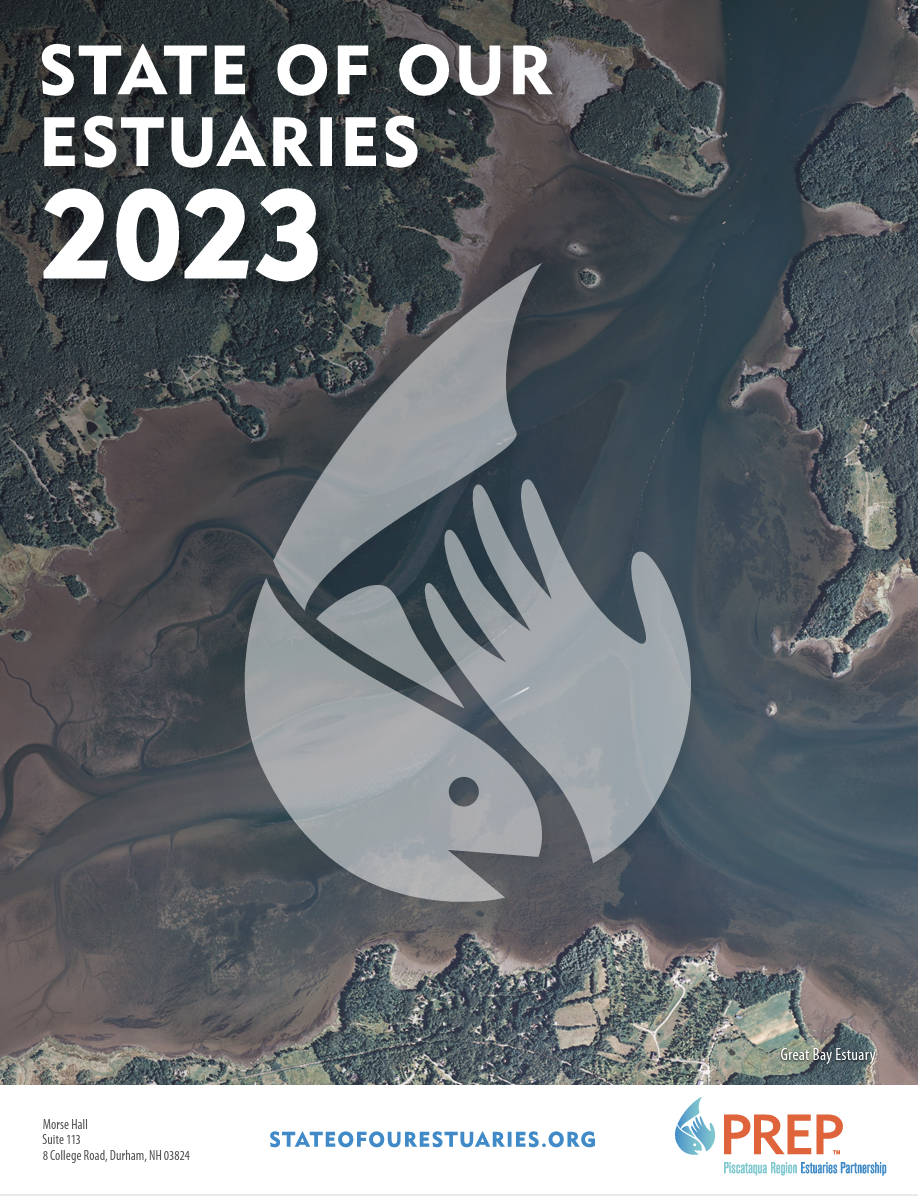 CAW Newsletter: Summer 2023
CAW Newsletter: Summer 2023
Flood Protection and Resilience Planning at the Local Level

A partnership between the Towns of Rollinsford and Madbury and the Strafford Regional Planning Commission (SRPC) has resulted in the development and adoption of improved flood hazard regulations. Earlier this year, the Town of Madbury approved updates to its Flood Hazard Area Overlay District to guide development away from at-risk areas and reduce potential damage to development within the floodplain through higher construction standards. The Town of Rollinsford has similar amendments pending next year’s town vote. In other municipal planning news, the Town of Durham recently adopted a climate action master plan chapter. Congratulations to these towns for their efforts!
Job Opportunity: Watershed Resilience Manager

The Piscataqua Region Estuaries Partnership (PREP), in partnership with CAW, is seeking a full-time Watershed Resilience Manager to provide strategic coordination and leadership to increase the resilience of the Piscataqua Watershed and lead and implement the Great Bay Adapts Technical Assistance program. We have an unprecedented opportunity to increase resources and effective collaboration for increasing watershed resilience and are looking for the right candidate to support these efforts.
Workshop Materials Available:
2023 NH-ME Climate Networks Exchange

CAW partnered with our Maine counterpart, the Maine Climate Change Adaptation Providers (CCAP) Network, to hold a workshop focused on human migration in and around the region, in the context of a changing climate. This gathering also contributed to a NOAA-funded project, a Northeast Safe & Thriving for All (“NEST”). The event’s 75 participants included folks from nonprofit organizations; federal and state agencies; municipalities; businesses; and universities. Workshop materials and a summary report are now available at the link below.
State of Our Estuaries Report Published

This year’s State of Our Estuaries Report, produced by the Piscataqua Region Estuaries Partnership, tells a story of how our shared home – the Piscataqua Region Watershed – is changing and how those trends are affecting our estuaries and the countless species that live here. It tells of stress and recognizes that while the challenges we face are significant, so too is our ability to bring about positive change. That is a critical part of this report: we can make a difference. Head to StateOfOurEstuaries.org to learn more!
This announcement is brought to you by the NH Coastal Adaptation Workgroup, a collaboration of organizations working to assist communities in NH’s coastal watershed to prepare for the impacts of extreme weather and long-term climate change by providing resources, facilitation, and guidance that enhances readiness and resilience.
